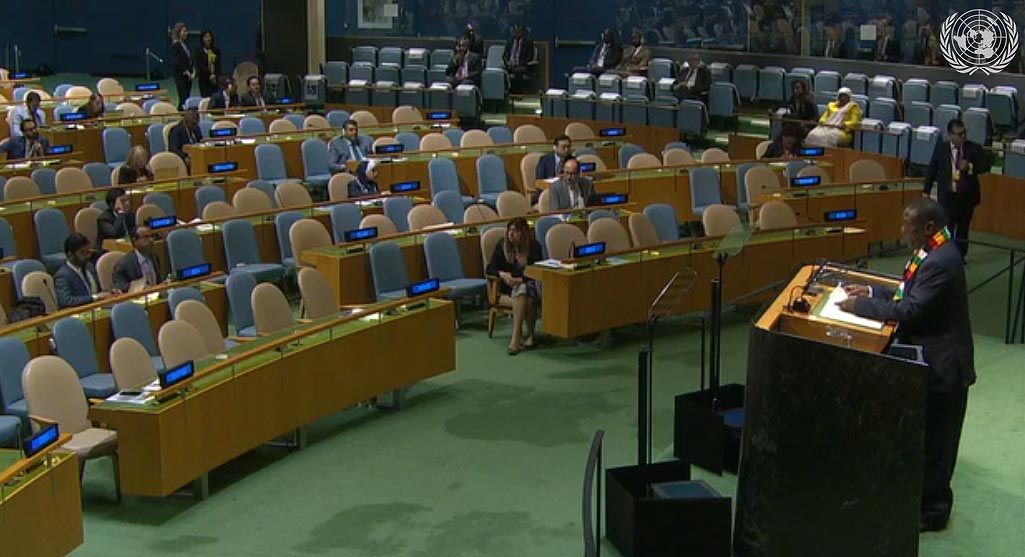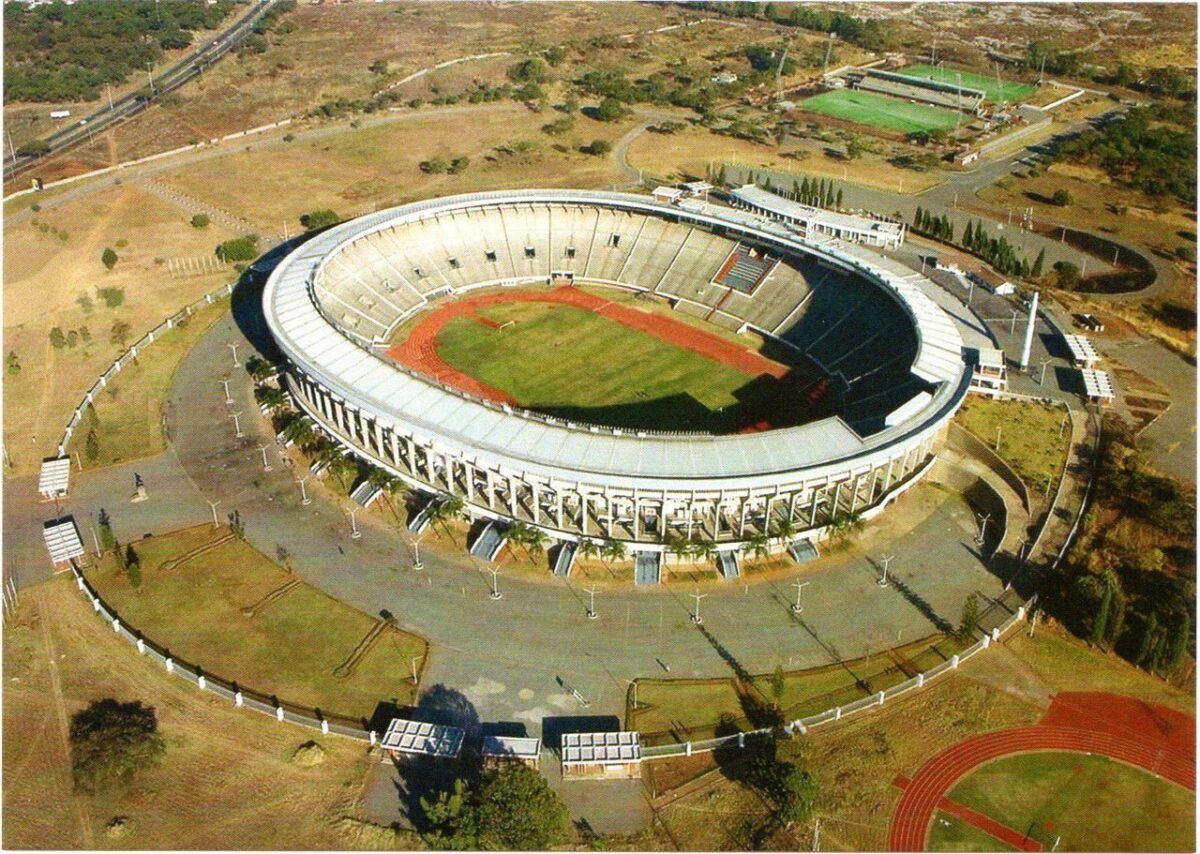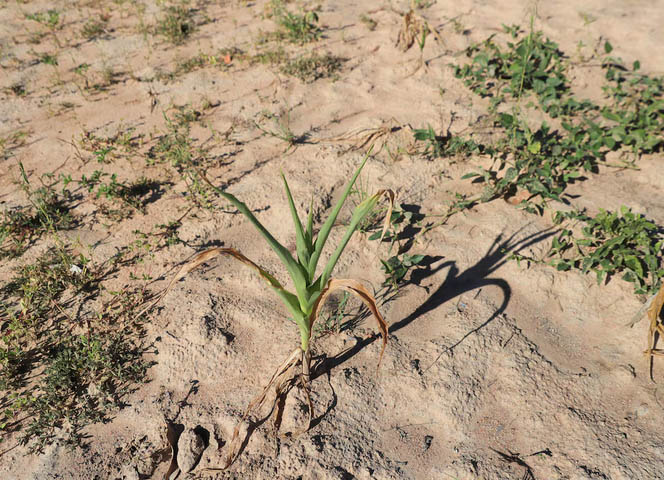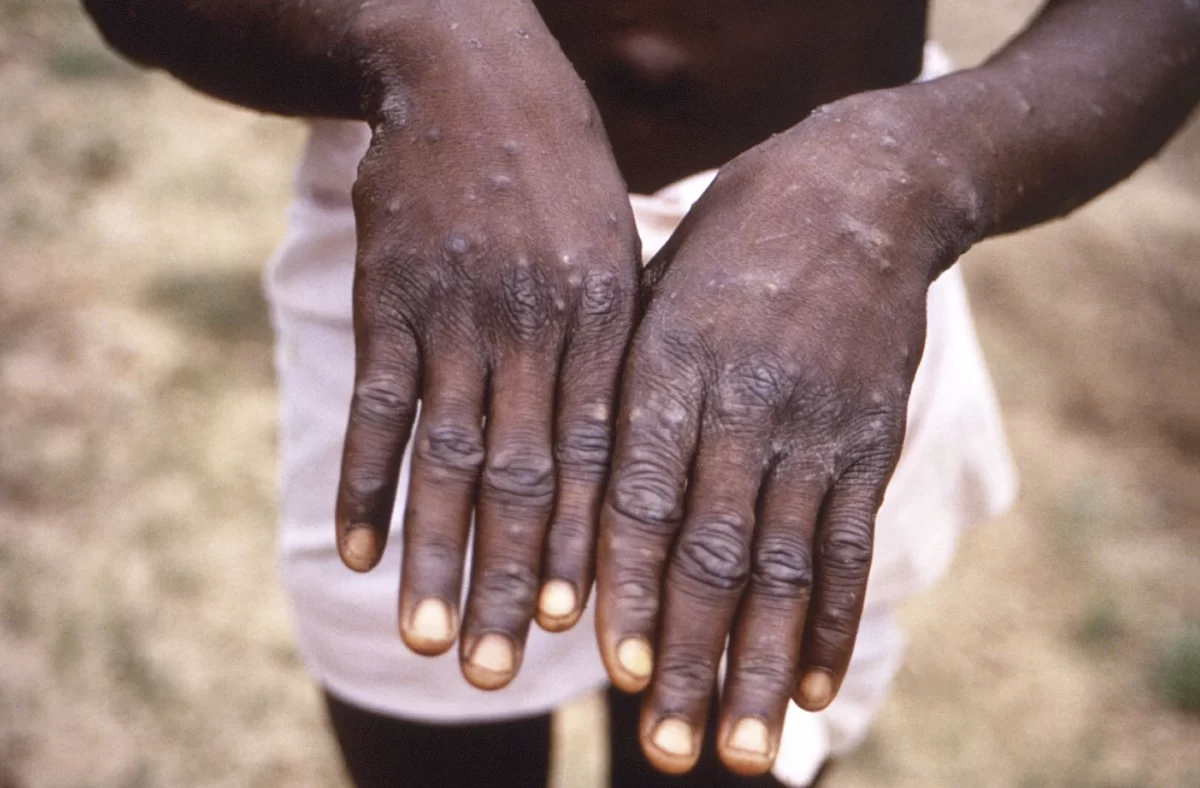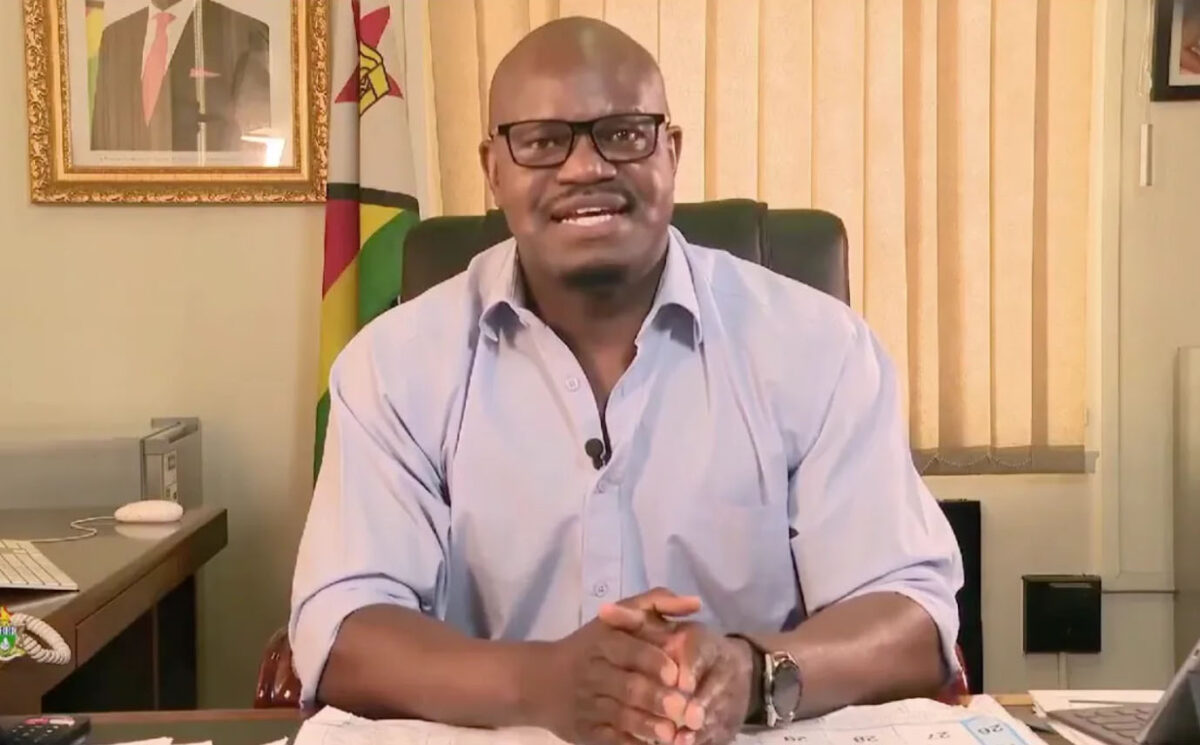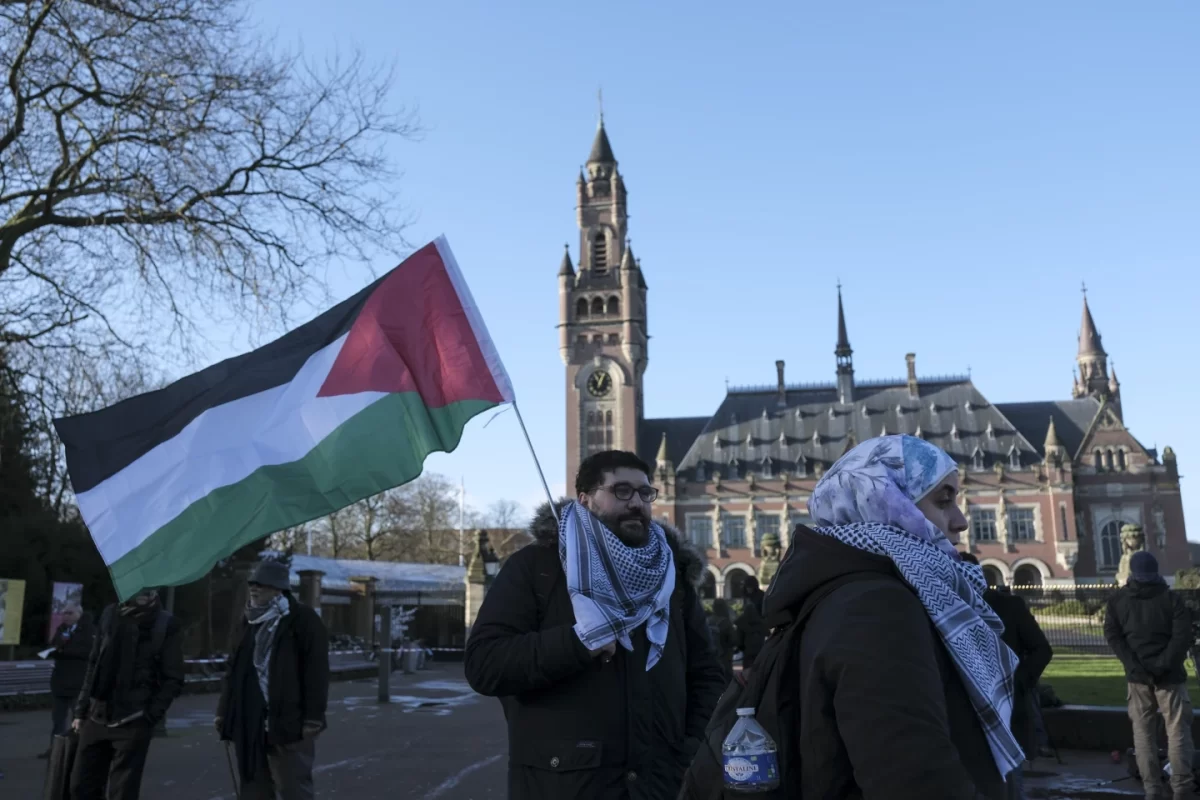Transcript of President Emmerson Mnangagwa’s address to the 74th Session of the United Nations General Debate on September 26, 2019:
“I address the General Assembly today following the sad passing on of the founding father of our country, the late former president Cde Robert Gabriel Mugabe.
Zimbabwe is in transition and determined to overcome the reality that we were a collapsed economy with a collapsed currency due to the illegal sanctions imposed on our country.
Since I took over the leadership of Zimbabwe, much has been accomplished, with indicative recovery, stabilisation and growth. Immense progress towards macro-economic and fiscal stabilisation as well as high-impact projects that paved the way for a private sector-led growth have been achieved.
Embedded in our aspirations is a strong sense of urgency for us to eradicate poverty, achieve quality and relevant education, create employment for youths as well as mitigate the cross-cutting impact of climate change on our society and economy.
Our people deserve better and we are committed to delivering.
Engagement and reengagement with all countries of the world towards returning Zimbabwe to its rightful place in the community of nations is yielding notable progress.
Our arms remain outstretched with a genuine heart of friendship and cooperation to all those willing to take this new and exciting journey of Zimbabwe’s rebirth
In our desire to deepen democratic space in our country, we have established an open political platform where we invite all political parties to frank debate and dialogue on aspects of our social, political and economic reforms. Comprehensive and far-reaching reforms are being implemented by my government for the benefit, protection and economic prosperity of our people in line with their ever-changing aspirations.
Furthermore, the fiscal austerity and discipline has resulted in balanced books and a budget surplus which is unprecedented in my country. The impact of change and reforms for the generality of our people take time, but we are in the right direction.
We shall continue to put in place social safety nets to cushion the lower strata and most vulnerable members of our society and appeal for further multi-lateral support in this regard.
These achievements are in spite of the continued albatross of illegal economic sanctions. These sanctions constitute a denial of the human rights of the people of Zimbabwe to develop and improve their quality of life. Furthermore, the sanctions are slowing down our progress, inhibiting our economic recovery and punishing the poorest and most vulnerable in our society.
As the United Nations, let us boldly honour the principles of our Charter. The wrongs of the world must be set right. Unfair practices must be challenged. Injustice, racism and all forms of oppression of man by man must be opposed and rejected.
My country applauds the Southern African community, the African Union and all who stand with us in demanding the immediate and unconditional removal of these illegal sanctions.
Those that imposed the illegal sanctions must heed this call and lift them, now. Cooperation is a win-win game. Sanctions are a lose-lose game. Zimbabwe deserves a restart.
Zimbabwe is also reforming laws and regulations governing trade, investment and ease and cost of doing business. Restrictions on shareholding across all sectors of the economy have been removed and some public entities are being privatised.
The new national investment policy reflects the commitment of my government administration to open-up the economy. In line with our modernisation and industrialisation agenda, we are enhancing the quality of our education to make it more relevant for modern technology and innovation. Greater focus is now on science, technology and innovation while incubation hubs and industrial parks are being established throughout the country.
Increased collaboration between industry, small and medium enterprises and our education sector for responsive and relevant human capital development is being facilitated and encouraged. Our education system is now focused at producing relevant products, goods and services which answer to the ever-changing needs of our country and the world at large.
In our quest to deepen constitutionalism, the rule of law, democratic practices, good corporate governance, transparency and accountability, the capacity of institutions that protect democracy continues to be enhanced.
The anti-corruption drive is being accelerated by my government through supporting and strengthening institutions which help in the fight against this corruption cancer.
Notable progress has also been achieved in the area of political and legislative reforms. To date, the alignment of our laws to the constitution is almost complete. We commend the support we continue to receive from the UNDP and other stakeholders.
The outdated media laws, Access to Information and Protection of Privacy Act, and the old Public Order and Security Act, have been repealed. New laws in relation to these areas have been enacted.
Let us accelerate our quest to end poverty by 2030, in the spirit of leaving no-one behind. Synergies and greater coherence in the implementation of all global frameworks on sustainable development are imperative.
The theme of this session, ‘Galvanising Multilateral Efforts for Poverty Eradication, Quality Education, Climate Action and Inclusion’ is most appropriate and timely. As the climate crisis continues, the world is changing before our eyes.
For us in Southern Africa, the recent Cyclone Idai serves as a reminder that the impact of climate change and its damage to humankind and life on earth is dire and irreparable.
The tropical Cyclone Idai left thousands upon thousands dead, injured or displaced, and a trail of infrastructure destruction.
We are still recovering from this disaster, whose cost reconstruction recovery is estimated at about US$600 million for Zimbabwe alone in the region.
Let me take this opportunity to thank all well-wishers from across the world for the solidarity and support we received towards relief, recovery, reconstruction and other forms of assistance following Cyclone Idai.
Our country is an agro-based economy with the agriculture sector contributing between 15 and 20 percent of the country’s GDP and about 60 percent of raw materials for industry. The impact of climate change has not only affected our agricultural productivity and food security, but also our hydro-power generation capacity and overall economic recovery, growth and development. Consequently, my government has since declared a state of national disaster.
The importance of a re-invigorated and responsive multi-lateral system to promote global partnerships for peace and development cannot be over-emphasised.
Zimbabwe shall continue to play its part towards the attainment of world peace for sustainable development. The reform of the United Nations system making it more representative, empowered and responsive to fulfil its mandate is long overdue. Zimbabwe remains firm on the Africa position as enunciated by the Ezulwini consensus.
Let me conclude by reiterating that Zimbabwe is reforming and undertaking a shared journey towards a better and more secure future.
The task facing us is great, the road is long, winding and times very bumpy but so is our potential and determination to succeed.
I urge the world to be patient with us, to support us and to join us on this new and exciting journey. Together we will realise our common vision of a common future, free of poverty, hunger and conflicts on a safe planet for the benefit of all our people.
I thank you.”
(Transcript by ZimLive)

